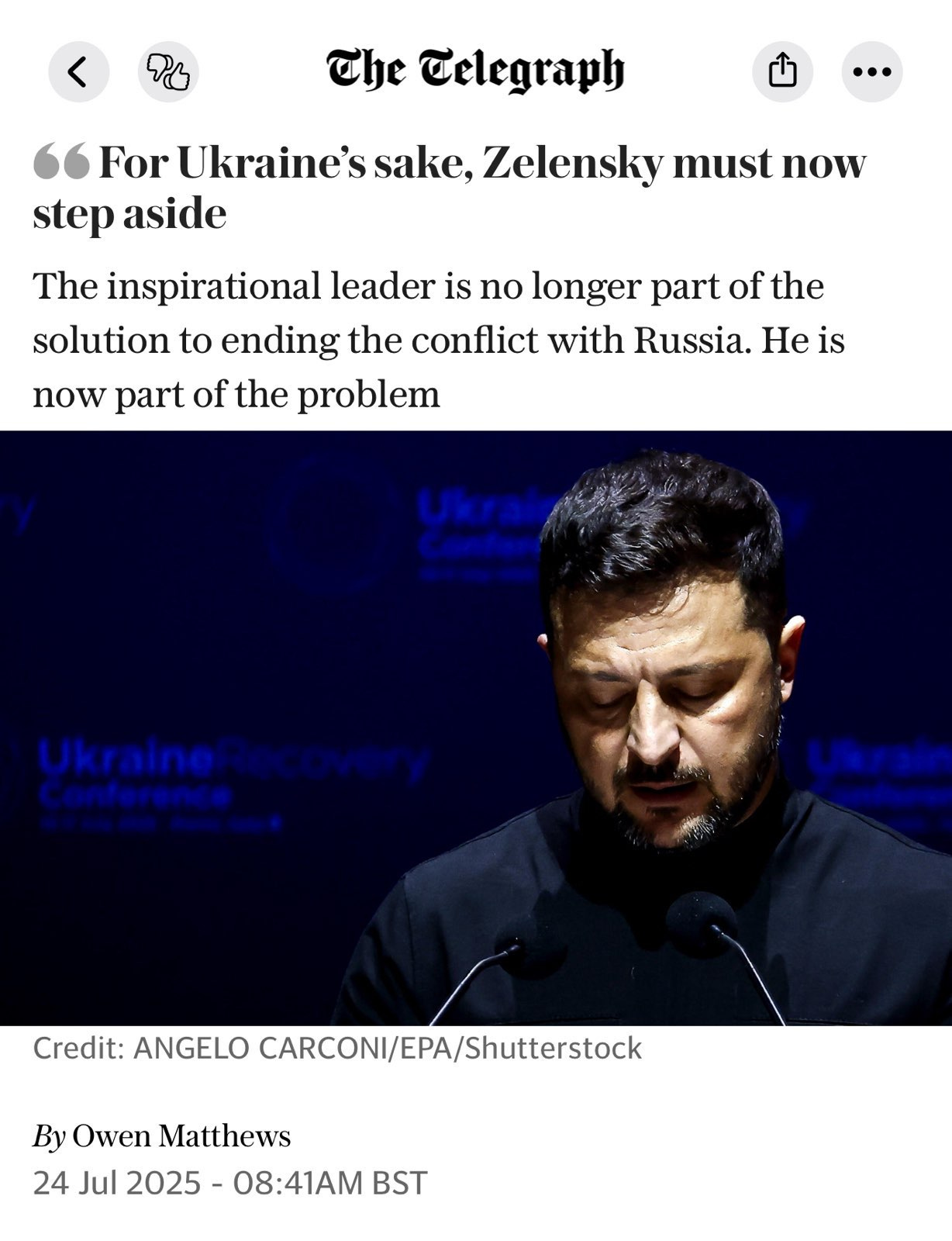How Not To Write About Ukraine
Criticism of the Ukrainian authorities is fine, though please read enough to explain the context of Moscow's information war
I should not have to write this. But I try to read as much as I can about Ukraine—material from the UK, from Ukraine, from Russia, and from the wider world.
I do write about Ukraine a lot, being invested professionally (my company’s mission is to help defend Ukraine from information manipulation) and personally. There are professional and personal guidelines that I try to uphold when I do write about the subject. And I do at least have some experience having worked and lived in Ukraine, and being submerged almost constantly in its information environment.
I have read and watched in the past couple of days several pieces on Ukraine and the protests that get some fundamental things wrong.
Let me try to pull apart the niceties. My starting point is a commentary by Aleksey Mukhin, head of the Centre for Political Information, on state television’s Vremya Pokazhet (Time Will Tell) political talk show, on 23 July. Mukhin claimed that the Ukrainian protestors were not just about complaining about the anti-corruption reforms, but also opposing the Ukrainian Government’s decision to continue fighting against the Russian invasion, and also opposing the TSKs, the roaming military pressgangs who are sending people to fight.
(Mukhin, who insists that the Ukrainians have no agency, claimed that the Americans were organising the protests against Ukrainian President Volodymyr Zelenskyy, the ‘disobedient peach’ who Mukhin claimed was defying Washington.)
This attempt to fuse the protests with a supposed wider opposition to Kyiv’s ongoing defence appears a central approach by the Russians. Television presenter Vladimir Solovyev and Ukrainian defector Oleg Tsaryev have made similar claims in the past couple of days.
UK media sources ignore the context
The journalist Owen Matthews wrote yesterday that Zelenskyy is ‘part of the problem’, and noted that ‘opposition media have been shut down’. Matthews also cites Marjorie Taylor Greene’s criticism of Zelenskyy as a ‘dictator’, though does not mention that Greene has claimed that people are protesting against Zelenskyy’s refusal to make a peace deal and end the war’.
A similar problem is evident in Jennifer Kavanagh’s recent Unherd piece, in which Kavanagh argues that Zelenskyy’s actions could ‘accelerate domestic dissatisfaction with his management of the country’s seemingly interminable conflict with Russia’.
Kavanagh adds that ‘Moscow may now be hesitant to work with Zelensky [sic] at all, uncertain that any deal reached with an unpopular Ukrainian leader will be honoured by his successor’. Kavanagh does not mention that the Kremlin has long argued that Zelenskyy is illegitimate, or that the Kremlin has long suggested that it could therefore subsequently strike any deals made with the current president, likely in a information strategy to use this supposed illegitimacy to renege itself on any future agreements with Kyiv.
Context is key amidst Russian information manipulation
It is extremely easy to call out critics of Zelenskyy and of Ukraine at the moment. It has been for a while, and those who have worked on Ukrainian media for a long time will understand the tensions in pulling apart genuine criticism from pro-Russian messaging or manipulation.
My point is: it is fine to express an opinion about Zelenskyy, his officials, his policies—but this requires the ability to know the information environment and to explain these nuances to a wider audience. Crucially, it demands the ability to know well the strategies and approaches of Russian and pro-Kremlin sources and manipulators, and to be able to contextualise one’s writing, within the informational intent by a massive state to dismantle Ukraine. Writers must be able to explain how their complaints fit alongside the sometimes highly impactful attacks that pro-Kremlin level, elucidating Russian strategies and approaches and delineating the legitimate from information operations.
I am not questioning the intentions of the above journalists. I am calling for a better media environment investigating a highly complex situation, where information manipulation is a central means by which the Kremlin wages its war on Ukraine and on us. The Ukrainians need better: we need better.





Ruth Windle
Thanks very much for this piece, Adam. I thought there was something fishy in some of the articles I read and ignored them as unhelpfully biased. I turned to the coverage in Kyiv Independent instead. But it is very useful to know where the bias was coming from and to have my instinct confirmed.